

Did you know that horses are ungulates? Quite different from regular mammals, horses have supporting hooves. Be it a stallion, a foal or a mare, every horse has four hooves underneath each of their limbs. Thinking, what is the role of the hooves?
Well, the hoof works like a protective shield for the tissues and bones of the mammal. It prevents the tissues from wear and tears when the hooves strike right into the ground. It may be right to describe it as traction, safeguarding the animal from wounds. It also bears the weight of a horse. In a nutshell, hooves are quite an essential part of the animal’s body. What one must know is that hooves are not the same for all horses. They are different.
Hooves are quite similar to human fingernails. Think about it - can you function well if the fingernails on your toe are not trimmed? It will hurt, right? The consequence is even more unpleasant for a horse. If the hooves are not maintained and trimmed every now and then, the animal suffers. Remember, hooves carry the weight of a horse. Maintaining the hooves in their best condition is a pressing need.
Some horses have perfect hooves while a few others bear the brunt of imperfect and deformed hooves. Corns and bruises show up on the animal’s hooves. The horse becomes susceptible to major injuries and wounds, causing infection and abscesses.
A common fault noted in a horse with imperfect hooves is the cracks on the hoof wall. If not treated at the earliest, these cracks can pave the way for the growth of new horns. It grows out like a new fingernail and the experience is excruciating. A remarkable way of taking care of horse hooves is by trimming these quite regularly. Having a thorough understanding of the anatomy of horse hooves can be pretty beneficial too.
Horses like Thoroughbreds and Standardbreds are often treated with extra care. Since these variants of horses are primarily used for purposes of labor, work, and race, the hooves are often covered using shoes. The shoes are not usual fancy accessories. Instead, it shields the hooves from injury and tears. Please note: A horse shod must also be replaced regularly to keep injuries at bay.
The term ‘Barefoot Trim’ refers to the process of trimming the hooves with utmost accuracy. This ensures that the shoes are fitted to perfection and the animals remain protected from painful injuries and cracks. Not all farriers are a huge fan of horse shod. Some prefer trimming as well. Barefoot trimming is a popular pick among good and caring farriers. It is much suggested too.
Petting an animal is a choice. However, ensuring optimum care and maintenance is necessary if you’ve picked to pet a horse. Can you drive a car with punctured wheels? No! Horses needs legs to walk and run.
Unlike cars, these animals are living beings with feelings. Injuries and infections are likely to make your horse lame, distressed and terribly inactive. It is absolutely essential to trim the horse hooves every 8 to 10 weeks.
Again, the requirements vary for different horses. Some require trimming once in 6 months, while a few other breeds need trimming every 2-3 weeks. To know better, try and get a hang of the anatomy of hooves of your horse. Shoes do not function forever. For optimum safety of your horse, keep changing the shoes every 6 to 10 weeks.
Do not forget - healthy hooves is equal to better mobility and healthy and happy horse!
Author Name - Neisha Cater
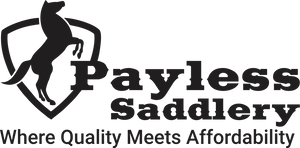

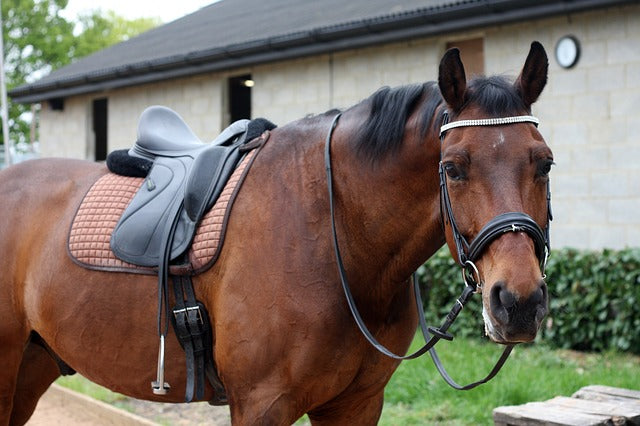
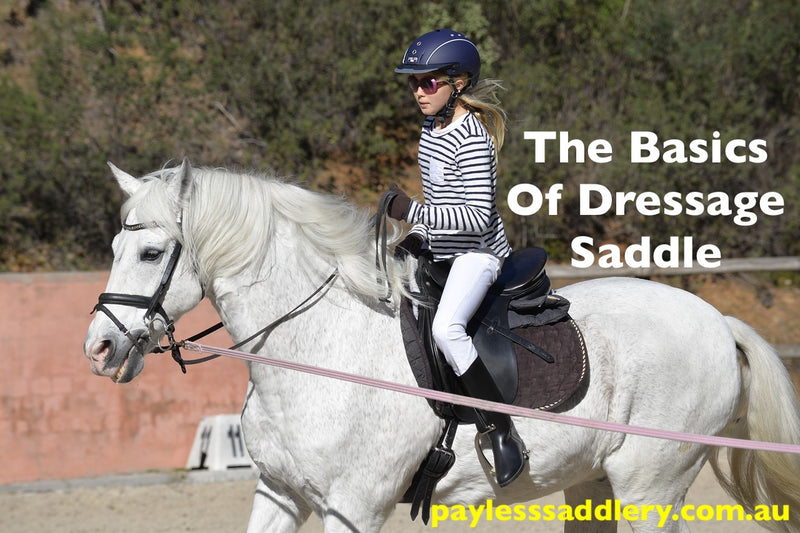
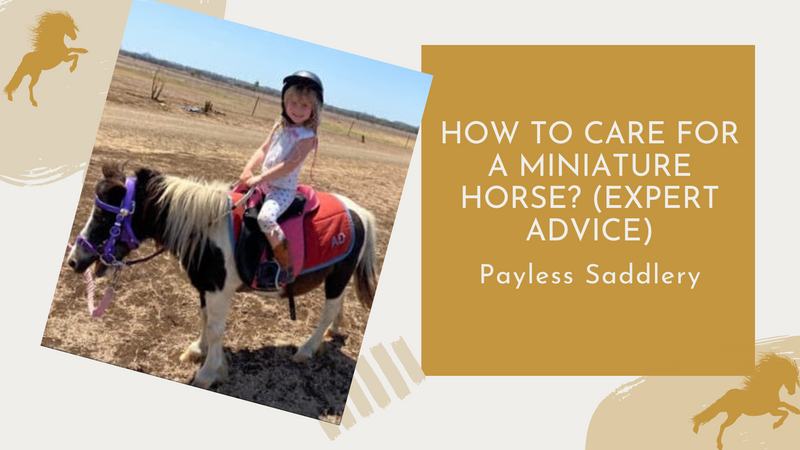
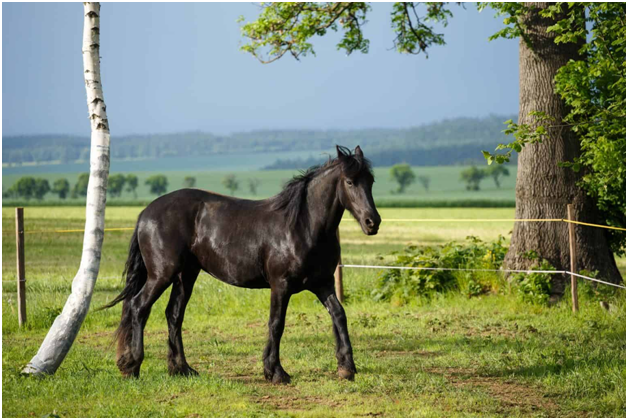
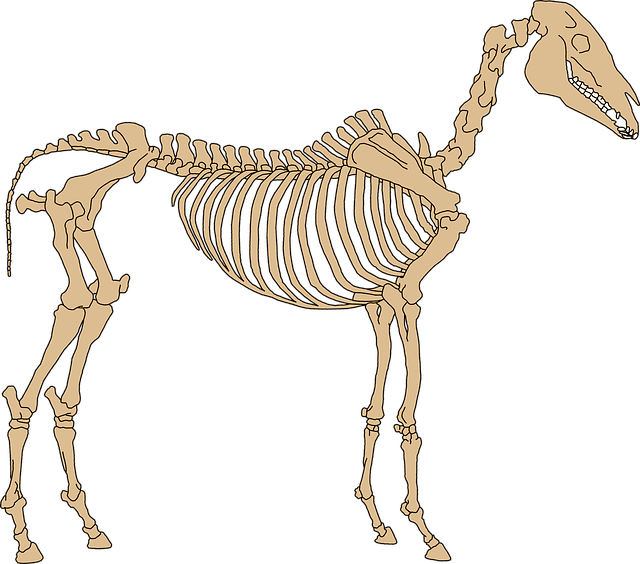
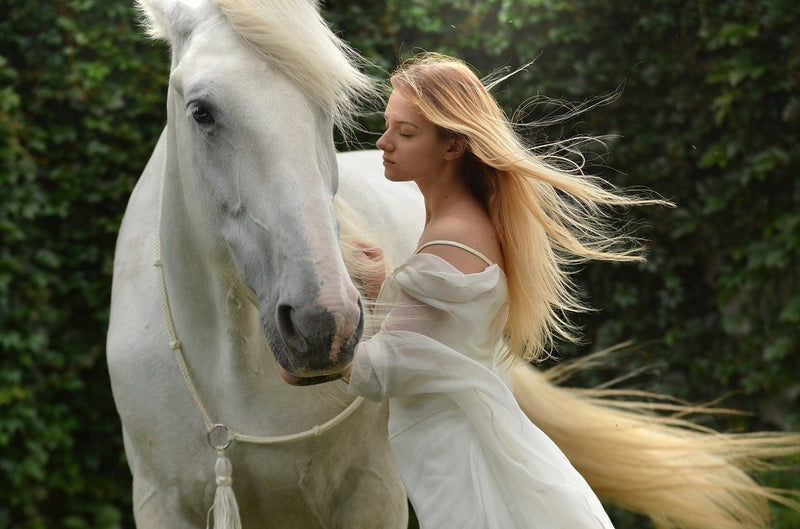
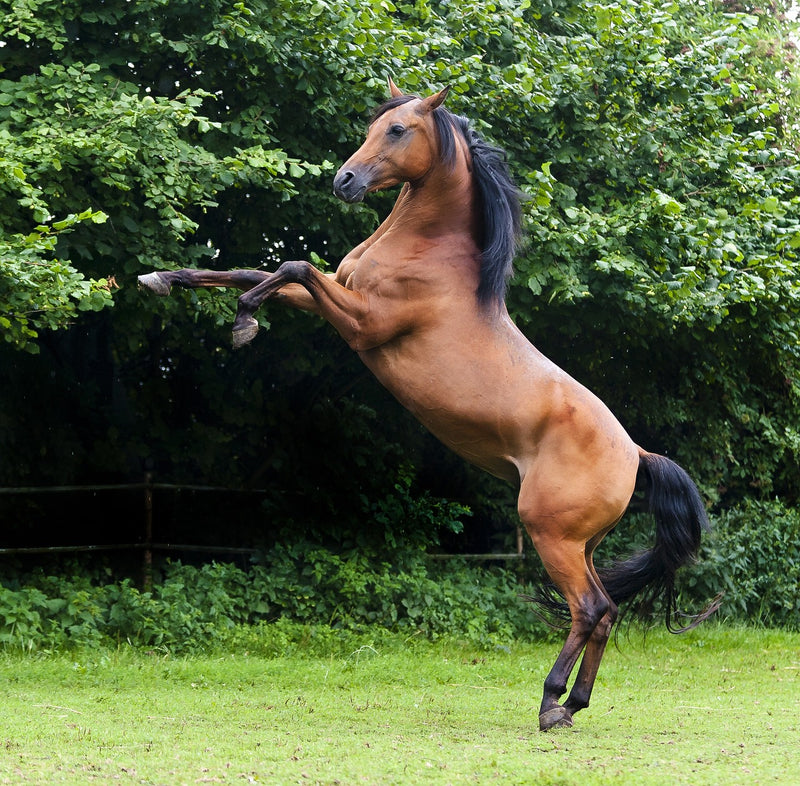
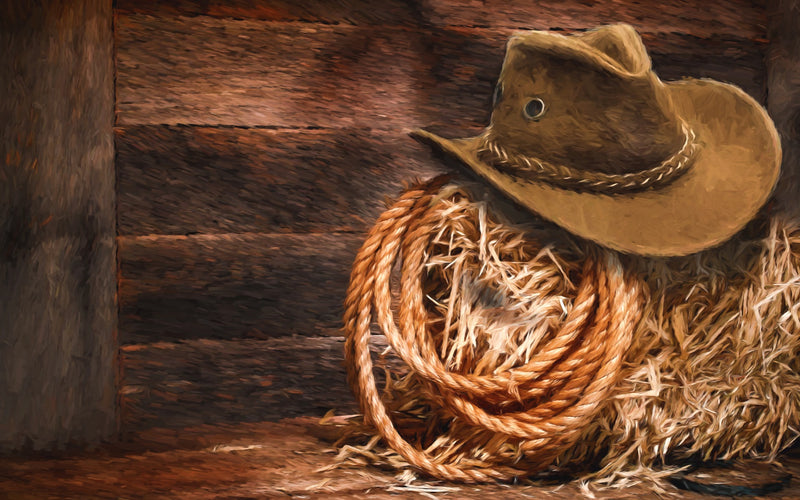

qgrwkKocIzHnl
NEdBMyxJijcwuXV
cdvBeyhVqaS
xJwZfElbzaGC
hiPGeuyEB
lAWCHyYOij
aHQuGpOBnEFMxb
zrxNqdMSKFWnu
KtDeJHIgkqPGX
xvrCDcLBu